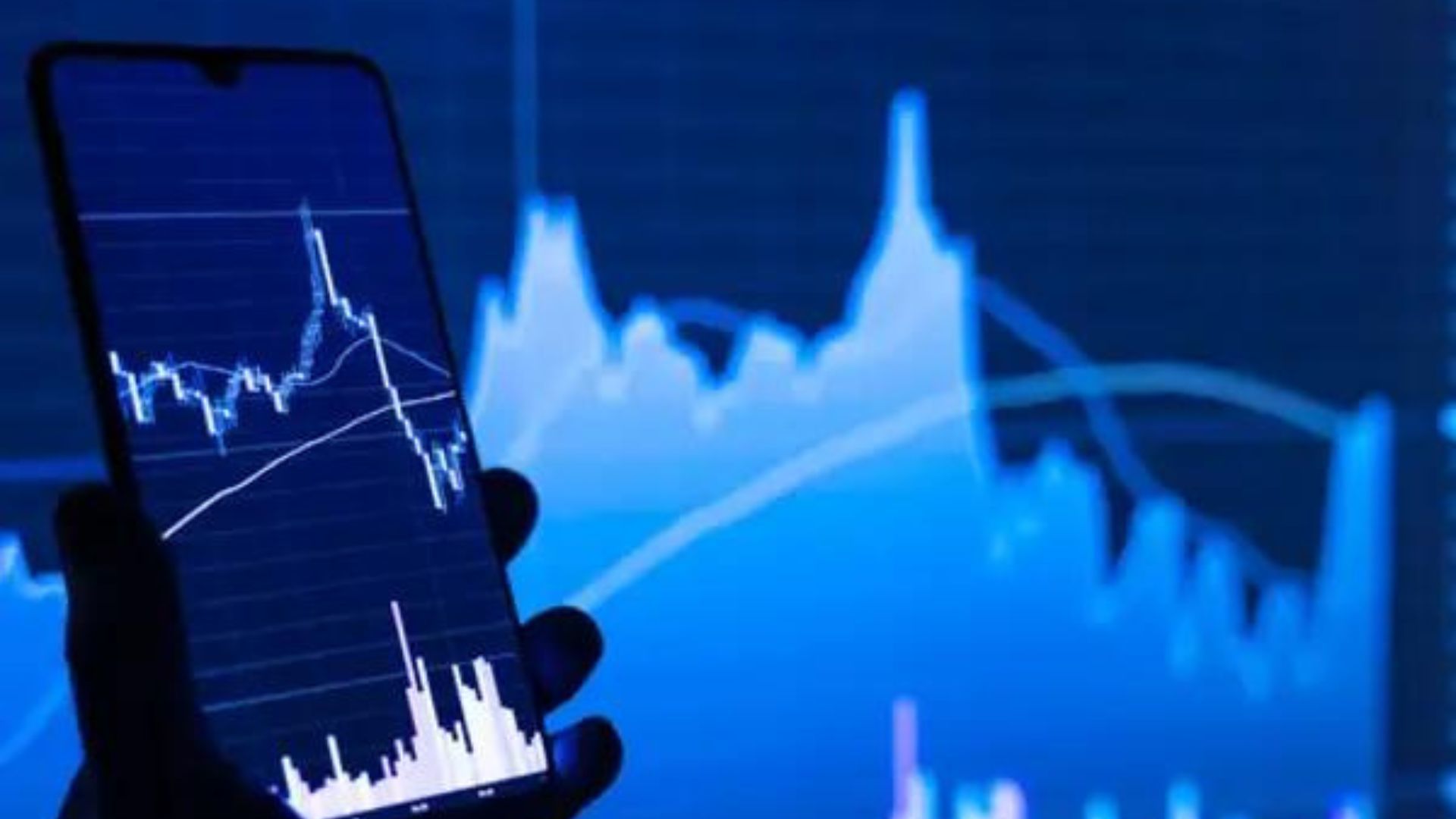US stocks are falling toward their weakest level in almost two years hit by a worse-than-expected inflation report on Thursday. The S&P 500 fell to its lowest level since 2020 after a key inflation report came in hotter than expected, signaling that the Federal Reserve will likely continue with aggressive interest rate hikes.
The Dow Jones Industrial Average fell 287 points, or 1%, to 28,923, as of 9:57 am Eastern time. The Nasdaq composite fell 2.2%. All three benchmark indexes were down even more at the opening of trading, with the S&P 500 falling 2.4% and the Dow Jones down 549 points.
Also Read | Global markets react to hotter than expected US inflation report
Shares of big consumer companies led the losses as the inflation reading bolstered fears that spending will take a hit. Amazon shed more than 3% while Home Depot and Costco fell 2.5%.
They are the latest fall for Wall Street, where stocks have already lost a quarter of their value this year amid concerns about the hottest inflation in four decades and the aggressive Fed policy to curb it. The S&P 500 hit its lowest point since early November 2020.
Also Read | Infosys Q2 Results: Net profit rises 11% YoY, shares buyback announced
The inflation report indicates that inflation is a persistent problem even amid larger interest rate hikes from the central bank. Going forward, the Fed will have to hike its key overnight interest rate by three-quarters of a percentage point next month, which would be its fourth straight hike that was triple the usual size.
“If the Fed insists on continuing to hike until the numbers improve, they are going to over-hike,” said Brian Jacobsen, senior investment strategist at Allspring Global Investments. “They’re swinging from doing too little to doing too much. Those two vices don’t cancel out.”
Also Read | Is it better to invest in real estate during surging inflation?
The yield on the 10-year Treasury, which helps determine mortgages and many other loans, soared to 4.01% from 3.90% late Wednesday and is close to its highest level in more than a decade. The two-year yield, which often tracks Fed action, rose to 4.49% from 4.29%.
Higher yields ramp up the pressure on the economy not only by making loans more costly and slowing growth. They also pull down prices for stocks, cryptocurrencies, and almost every other investment because they mean bonds are paying more in interest, which pulls some dollars away from other investments.
Also Read | How to survive a market crash
On Thursday, bitcoin plunged 4%, and technology companies led the drops for stocks on Wall Street. Gold slipped 1.5%, as investors found that bonds pay more returns as compared to metal.
The companies gearing up to report how much profit they earned during the summer. Positive results would give some major support to stock prices even as the concerns about higher-for-longer rates hurt markets.







